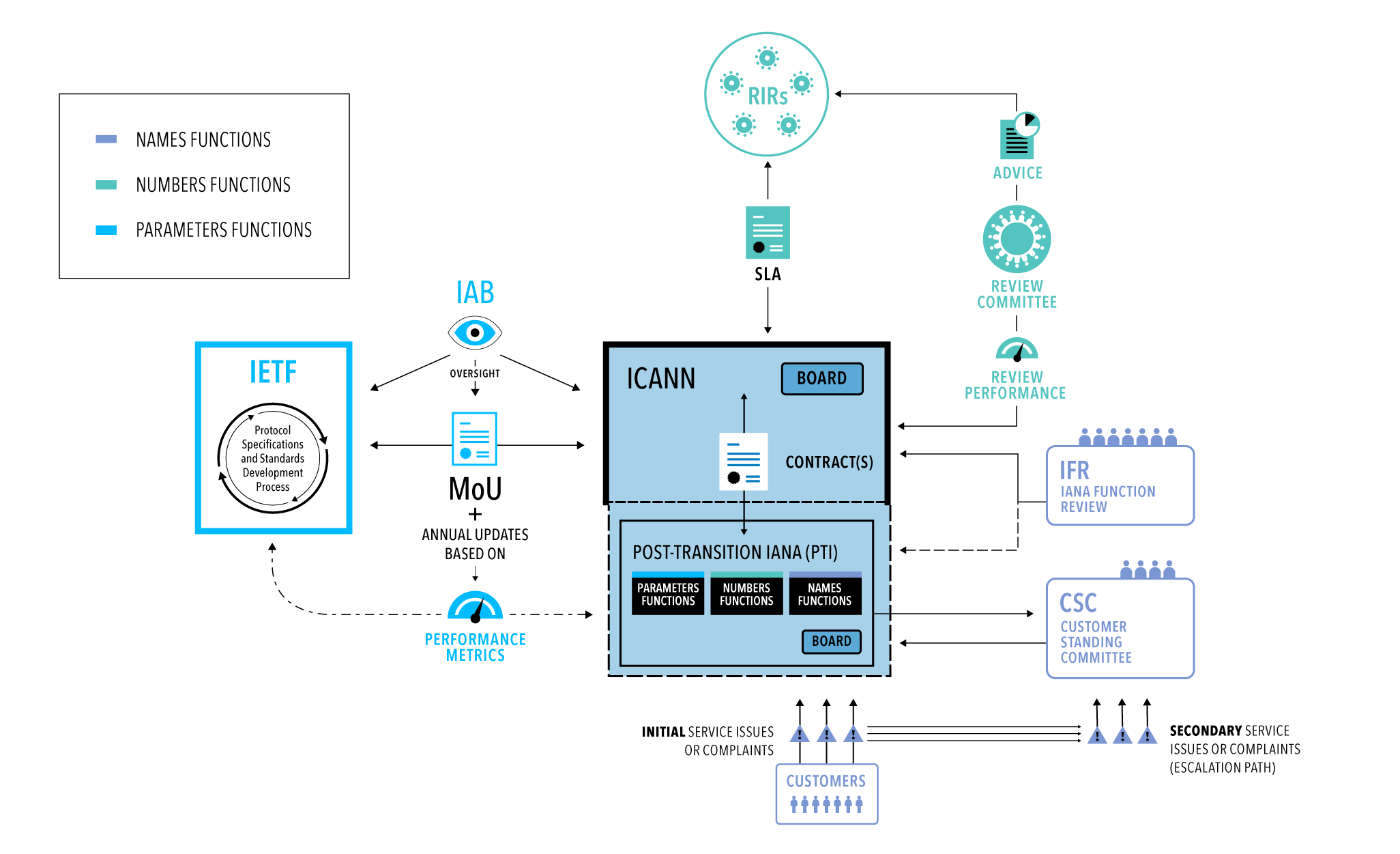ICANN presents a plan for the complete withdrawal of the US control

ICANN Headquarters in California
Soon, the management of the functioning of the Internet may get out of control of the United States . On July 31, a specially created coordination group (ICG) of the nonprofit ICANN published a plan for the gradual transfer of control from the National Telecommunications and Information Administration (NTIA) of the US Department of Commerce to the global multistakeholder community. Until August 8, the public comments are collected on the published plan.
Despite the fact that the non-profit organization ICANN is in fact international, it has been constantly criticized for its legal subordination to the US authorities, in particular, to the US Department of Commerce. In 2009, the corporation officially became independent, although not completely getting rid of state “observers” - for example, the Internet Assigned Numbers Authority (IANA), which contracted with ICANN, deals with top-level domains and address pools.
')

How it will work
Last year, the authorities, intending to completely distance themselves from the control of the Internet, charged her to prepare a plan for the transfer of control levers. The finished 199-page document (in English ) focuses on how management will be fully transferred to ICANN and to the Customer Standing Committee (CSC) oversight body, which will consist of “stakeholders”.
According to the plan, which, in fact, is not very different from the current real situation, ICANN will be managed with IANA without government oversight. In doing so, physically, the main headquarters of ICANN will continue to be in California.
Some time ago, a coalition from several countries, including Russia and China, submitted to the UN Telecommunications Agency a package of proposals for which control over the Internet and Internet resources should be transferred to the states in whose territory they operate - but these proposals said plan were ignored.
American politicians fear that, without a regulatory government, decision-making in ICANN will be very slow, and it will be very difficult to reach consensus in a system of various scientists, representatives of industry and government.
In addition, there are concerns that some governments will take advantage of the decentralization of this organization in order to put pressure and introduce strong Internet censorship, and the largest Internet corporations will be able to push the rules and decisions in their favor.
After public discussions, President Obama will submit this proposal to Congress, and if approved, the transition will be completed by next summer.
Source: https://habr.com/ru/post/355858/
All Articles